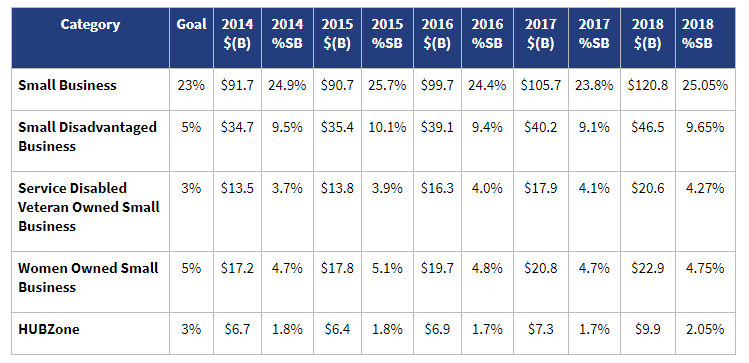Will the CARES Act become permanent?
In March of 2020, when the Coronovirus became a pandemic, Section 3610 of the CARES Act went into effect. This section of the CARES Act provides economic relief to contractors so that they can continue to pay their employees. Unless Congress extends Section 3610 of the CARES Act, it expires on September 30, 2021. (Washington Technology August 5, 2021)
The Professional Services Council (PSC) would like for Section 3610 to become permanent. PSC Executive Vice President David Broome feels Section 3610 should become permanent. He reasons this by looking at how several agencies have heavily relied on Section 3610 during the pandemic. GAO saw a combined $882.8 million in reimbursements from across the Departments of Defense, Energy, Homeland Security, and NASA. (ibid)
GAO staff interviewed 15 contractors and 12 agreed that Section 3610 “had a great or moderate effect on their ability to retain employees, in particular those with specialized skill or clearances.” (ibid)
According to Broome, “GAO makes the case for establishing a permanent stand-by authority that would be available when needed and in place when the next emergency happens – be it a pandemic, a cyberattack or natural disaster. Establishing this authority now would be a prudent step to implement one lesson learned from the COVID-19 pandemic and ensure that the government and contractors are prepared for the next one.” (ibid)
Are you a contractor trying to take advantage of Section 3610 and not sure where to start? Give us a call.

